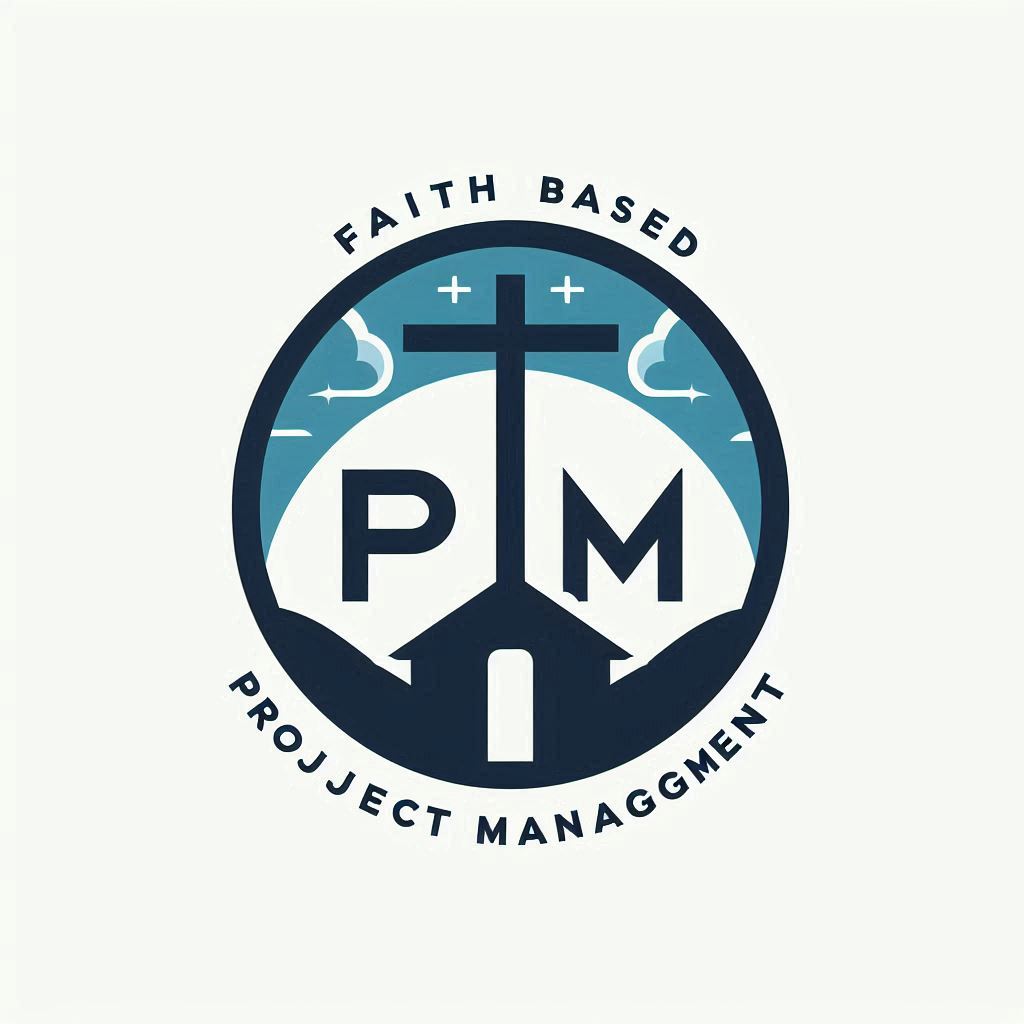Social Justice As A Core Ethical Principle
Social justice has a deep and storied history, showing up as a core ethical benchmark across cultures and times. I mean, it’s not like it’s just popped up overnight. Whether we’re looking at ancient philosophies or modern movements, the call to balance fairness with humanity rings through the ages. Urban areas buzz with protests advocating for equality, while rural communities organize around shared goals, all driven by this fundamental principle.
The bond between social justice and human rights frames much of the dialogue today. Every push for justice is, at its heart, a fight for basic human dignity. This isn’t just about ethics on paper. We’re talking practical moves that influence laws, reform systems, and reshape how communities function on the ground. Recognizing this link helps in strategizing social policies that better serve individuals and groups traditionally sidestepped by mainstream approaches.
Around the world, advocacy for social justice has pushed policies further than many thought possible. From grassroots mobilizations to broad-reaching international agreements, there’s been a major impact made by a coalition of voices demanding change. It’s amazing when you consider the scope of influence—from changes in local ordinances to influencing global treaties. This momentum not only challenges outdated norms but actively shifts dialogue and actions toward sustainable equality.
Faith Traditions: Pioneers of Social Justice and Equality
Faith traditions have long been torchbearers in the fight for justice and equality. The story isn’t new, yet it continues to inspire. Right from the get-go, many religious teachings have focused on not just contemplating justice, but actively making it happen. We’re talking foundational beliefs driving action, not just sermons from the pulpit. It’s about getting out there and making a difference.
Take a closer look, and you’ll find countless examples of religious groups stepping up for social justice. Think of those stories where churches opened their doors during civil rights marches, or temples hosting food drives for the needy. Yeah, these movements didn’t just wait for social change—they went out there and grabbed it by the horns. It’s all about understanding where these movements fit in the bigger picture and how faith gives them the drive to keep on fighting.
All these efforts aren’t happening in a vacuum, though. There’s a lot of collaboration going on, with faith-based organizations joining forces to make a bigger impact. Now, this is where things get exciting. Different faiths, with their own unique traditions and teachings, find common ground. They transcend differences, focusing instead on shared goals of justice and equality. It’s a reminder that no matter the differences in belief, when it comes to justice, the message is often the same: stand up, take action, and don’t stop until the job is done.
Faith-Based Project Management: Aligning with Social Justice Goals
When we mix faith-based principles with project management, there’s a real opportunity to drive social justice forward. It’s about taking those big ideals of fairness and equality and turning them into actual steps within projects. This alignment isn’t just about doing good; it’s about planning and managing resources so they reflect ethical commitments and social goals.
Grasping how project management intersects with ethics can be a game-changer. If you’re leading a project within a faith-based framework, it’s key to keep social justice at the forefront. This could mean prioritizing community voices in decision-making or ensuring that the planning process doesn’t overlook marginalized groups. The ethics behind faith traditions often stress listening and inclusion, which dovetail perfectly with fair project strategies.
Successful examples abound, showcasing how faith-based initiatives tackle systemic inequalities. Picture programs focused on sustainable development that also aim to lift communities out of poverty. There are plenty of these projects that not only aim to benefit the now but plan for a just future. The challenge is to keep projects grounded in justice—a path that leads to systemic change, not just temporary fixes.
Looking ahead, it’s about integrating these principles seamlessly into project life cycles. Techniques like stakeholder engagement and equitable resource distribution play a role. Leaders who ensure every stage of a project’s design and implementation is steeped in social justice thought ensure their projects don’t just meet targets but genuinely benefit communities.
Ultimately, aligning faith-based project management with social justice principles is about more than checking a box. It’s a commitment to ensuring every step forward includes everyone and doesn’t leave anyone behind.
